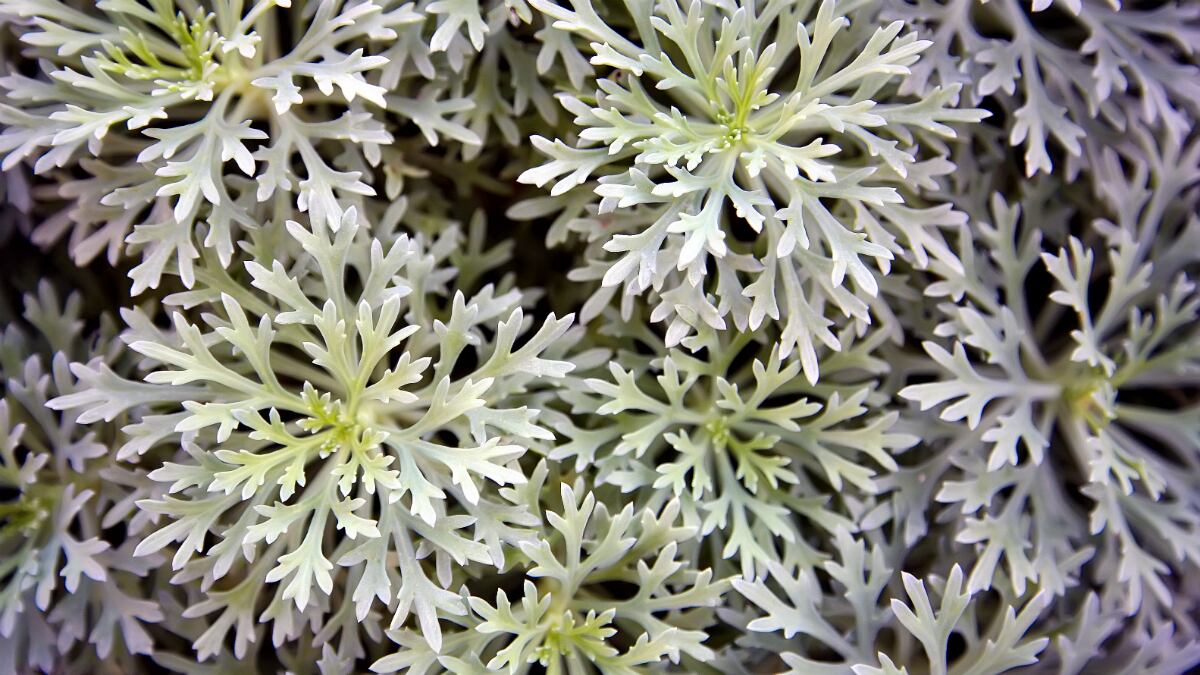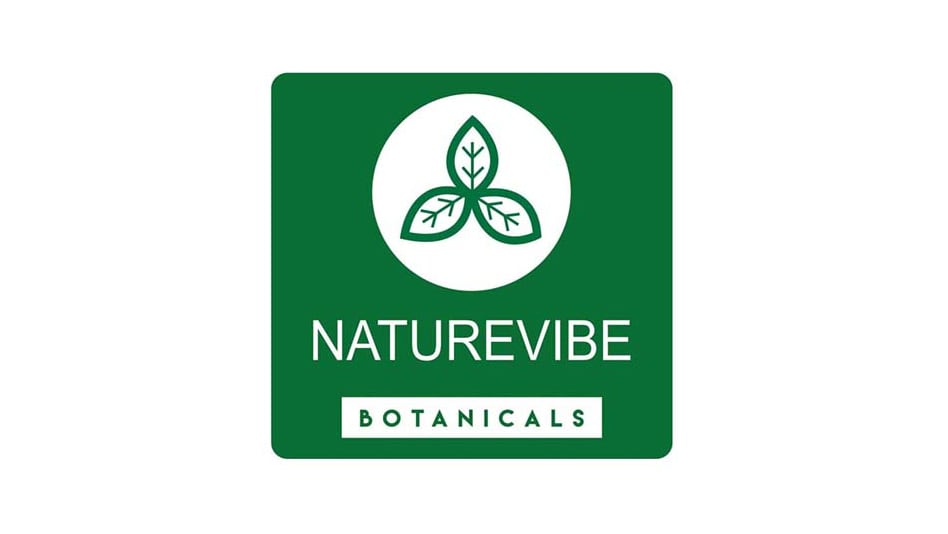These 11 reports followed the 14 that had come up earlier this year, which triggered the initial alert in February.
Most of these complaints — handled by the Centre for Adverse Reactions Monitoring (CARM) — were linked to the use of Arthrem, a 'natural joint support formula' in soft gel format by NZX-listed firm Promisia, featuring Artemisia annua extract as its key ingredient.
Retract the extract?
Among the 11 additional reports that recently surfaced, some involved serious harm to the liver. According to the ministry, some of these new reports could have been from people who had continued to take the product despite the initial warning.
Another product that had been on the CARM's radar is GO Arthri-Remedy 1-A-Day soft gel capsules, developed by Kiwi supplement brand GO Healthy. Two of the reports involved adverse reactions to the supplement, which was withdrawn after February's alert.
There are other products in New Zealand containing Artemisia annua extract, and the health ministry has cautioned that "anyone taking these products should be aware of the risk of harm linked to the use of these products".
Trade association Natural Health Products New Zealand (NHPNZ) sent its members an alert based on information from Kiwi medicine and medical device safety authority Medsafe, but declined to comment in detail on the matter.
Corporate affairs director Alison Quesnel told NutraIngredients-Asia: "We can't comment, because this is an issue between Promisia and the Ministry of Health, not us (so) we won't be issuing a formal statement.
"Protecting people's health and well-being is our top priority, and our duty to our members is to advise them of the alert from Medsafe, as we did with the first one earlier in the year."
Symptomatic warning
Artemisia annua, also called sweet wormwood or sweet sagewort, is a plant native to Asia. It has been used in TCM to treat fever, and in other applications, to treat malaria, bacterial and fungal infections, and autoimmune disorders (among others).
While it is said to have strong antioxidant properties and its extract is generally considered safe for oral consumption in adults, there have been reports of the latter causing rashes, cough, stomach upset, and vomiting.
Medsafe said on its website that anyone taking products containing Artemesia annua extract should watch out for symptoms such as stomach pains, vomiting, pale stool, dark urine, nausea, all-over itching, and yellow eyes or skin.
Reactions to the consumption of products containing Artemesia annua extract included jaundice, hepatitis, pruritus, an increase in liver enzymes, and abnormal liver function.
According to the reports submitted to the CARM, the symptoms prompted the patients involved to discontinue their use of products containing the extract.
Consumers and caregivers
Medsafe also published important information for consumers, saying: "Medsafe has not approved any products containing Artemisia annua extract. The quality, safety and efficacy of products containing Artemisia annua extract have not been formally assessed by Medsafe.
"Always tell your healthcare professional if you are taking any dietary supplements or herbal products. Talk to your healthcare professional if you have any concerns. If you suspect you have had an adverse reaction to a product containing Artemisia annua extract or any other natural health product, report it to the CARM."
Medsafe also advised healthcare professionals to "consider products containing Artemisia annua extract as a possible cause of abnormal liver function", saying, "Advise patients / consumers experiencing liver problems while taking Artemisia annua extract or other natural health products to stop taking the product and to contact their GP."
Response to reactions
Promisia has since released a media statement, saying it had been over seven months since the Ministry of Health had received any notification regarding adverse reactions from products containing Artemisia annua extract.
"Only some of the instances of liver harm associated with the ingredient have been attributed to Arthrem," it added.
CEO Rene de Wit said the latest warning was potentially misleading, in that it could give the mistaken impression there had been ongoing reports of adverse reactions to Arthrem since the alert issued on 15 February.
"Seven of the 11 newly reported adverse reactions since February relate to instances that happened before the February alert, but were reported afterwards.
"Only four reported adverse reactions occurred after the February alert, and it was not clear if these were linked to Arthrem, because higher-dose competitor products are still available on the market."
The release also asserted that in some instances, there was no proof that products containing Artemisia annua — as opposed to other types of dietary supplements or complementary medicines the complainants were also taking — had caused liver problems, adding that no adverse reactions linked to the intake of Artemisia annua had been reported since April.
De Wit further stressed that Arthrem was safe and effective, as long as it was taken as directed.
"Safety is — and has always been — our top priority. Although one instance of liver harm is one instance too many, it is important to understand that adverse liver reactions caused by Artemisia annua are a very rare event."
However, the release listed several groups of consumers who should avoid taking products containing Artemisia annua, including people who have elevated liver enzymes, liver disease or liver cancer, pregnant and breastfeeding women, women planning to conceive, people on antiviral HIV drugs, and children.
NutraIngredients-Asia also contacted GO Healthy for comment, but did not receive a response.



